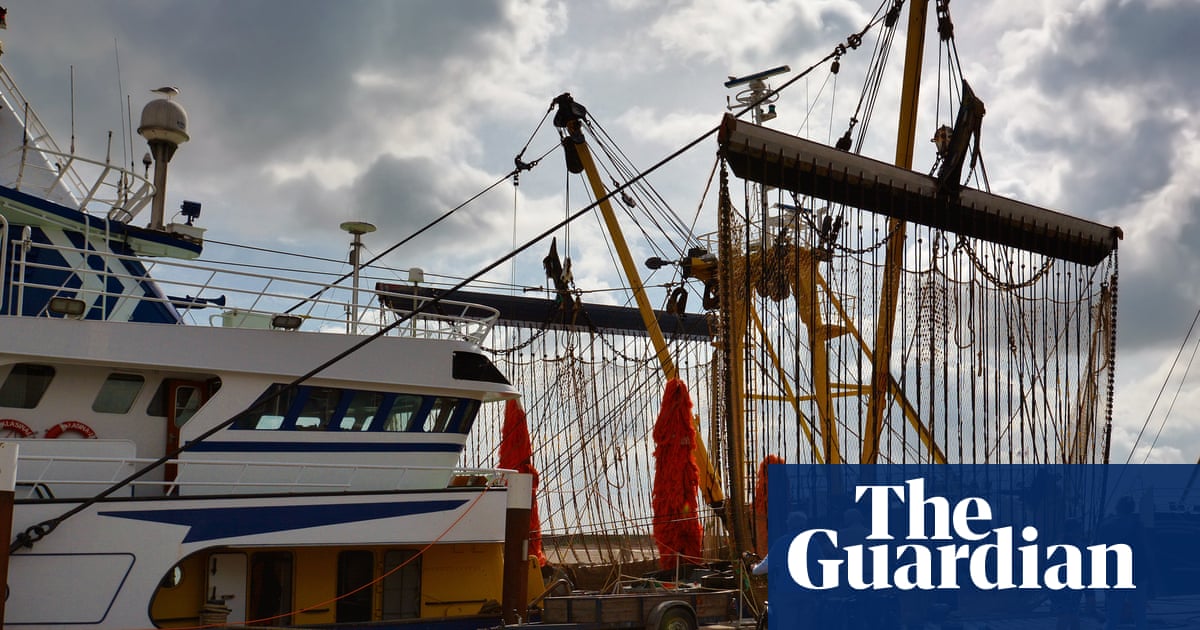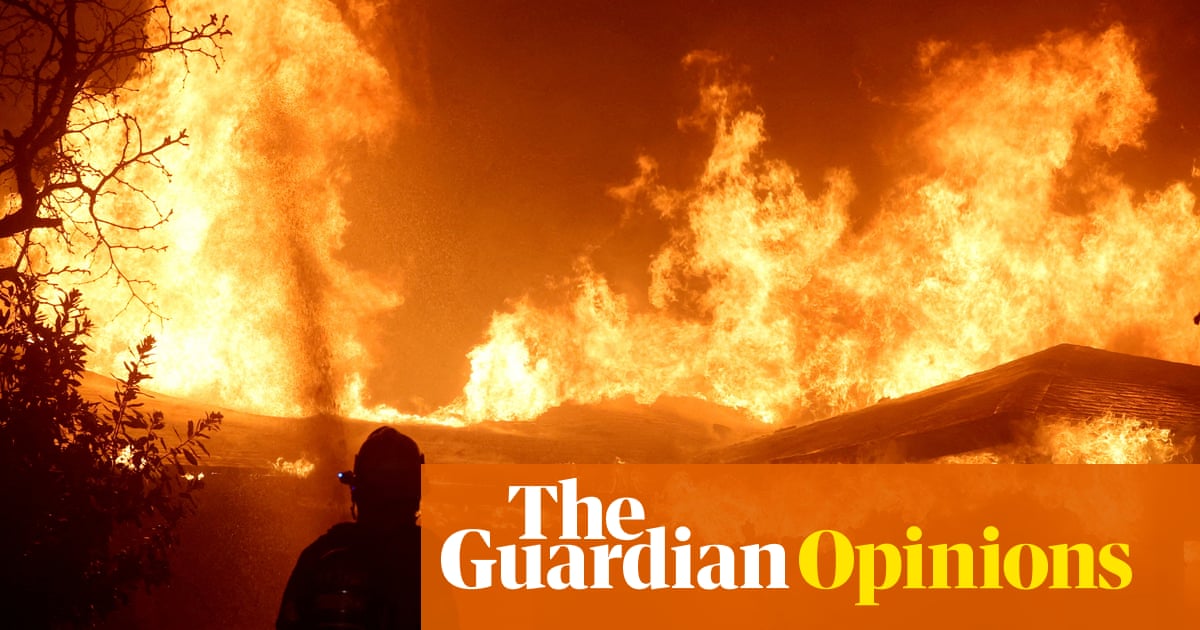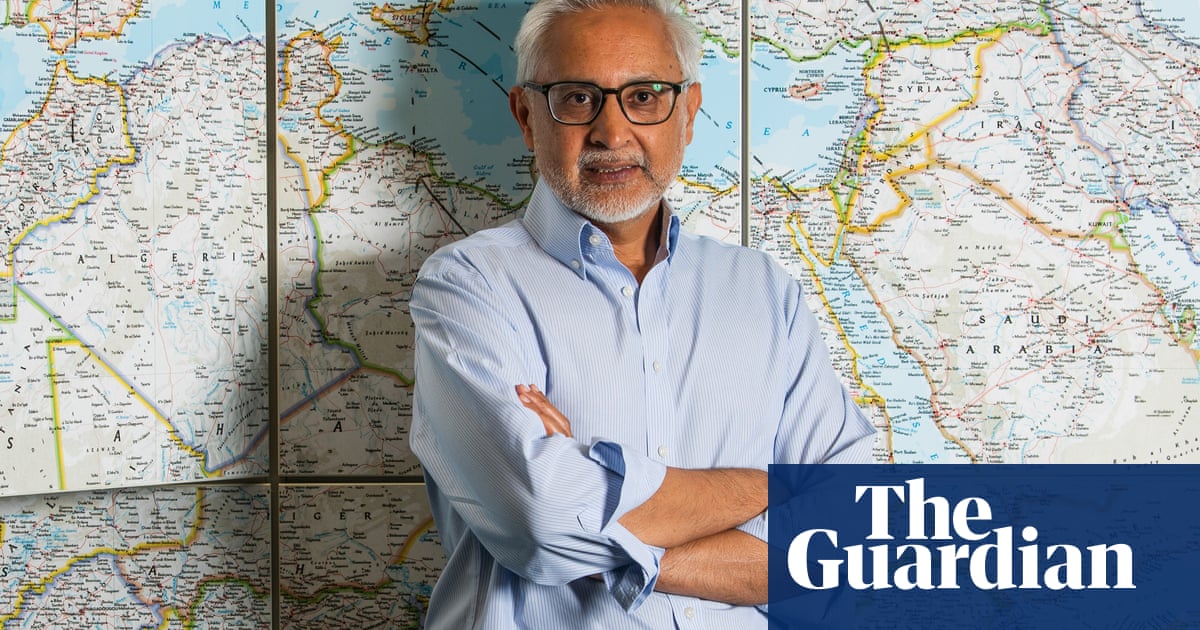In keeping with George Monbiot, fishing is “essentially the most harmful of all non-public industries” (Attenborough’s Ocean is the movie I’ve been ready my entire profession for – now the world should act on its message, 13 June). Have fossil gas lobbyists lastly received to him?
Monbiot is true to focus on our complacency with overfishing, however in our makes an attempt to deal with industrial fishing’s worst abuses, particularly unchecked backside trawling, we must always not demonise small‑scale fishers – our ocean’s strongest custodians.
Throughout the globe, small‑scale fishers utilizing low‑impression gear in coastal waters are on the frontlines in opposition to industrial overfishing. They’re the primary to really feel the impacts of ocean decline and the best-placed to suggest options.
Is it true that “the fishing business trashes all the pieces”? No. Some gears, like backside trawls, are certainly harmful and needs to be restricted. However small-scale fisheries utilizing low-impact gears are the other. They use environmentally pleasant strategies to supply wholesome, low-carbon meals to coastal communities.
Is fishing actually “essentially the most harmful of all non-public industries”? No. Fossil gas, mining and chemical lobbyists will likely be smiling as readers direct their ire in direction of the native inshore fishing fleet.
Ought to the UK authorities redirect funding away from fishing and let the business fade? No. Present subsidies unfairly favour industrial vessels with outsized impacts. Redistributing funds and quickly scaling funding in small‑scale fisheries would ship dividends by way of resilient meals methods, enhanced meals safety, sustainable livelihoods and larger local weather resilience, alongside more healthy ecosystems.
Ought to the oceans be closed to fishing, bar a couple of gazetted areas? No. Coastal waters needs to be totally co‑managed with small-scale fishers to make sure they’re stewarded for future generations.
The world is awakening to the impacts of backside trawling. Now it should get up to the important significance of small‑scale fisheries – and quick.Tom CollinsonAdvocacy supervisor, Blue Ventures
I learn George Monbiot’s article with curiosity. I’m one of many producers of Rupert Murray’s 2009 movie The Finish of the Line, which was about marine destruction, was funded partly by Channel 4, and broadcast by it. This movie didn’t “rigorously keep away from” blaming the fishing business, and an unbiased research confirmed that it had an impression on public attitudes, company behaviour and political coverage.
That movie drew closely on the earlier work of Charles Clover, who appeared within the movie and whose 2004 guide of the identical title was a milestone within the marketing campaign to save lots of the world’s oceans.
It isn’t only a query of creating good and highly effective programmes. At this time, these must have a celeb on the entrance of them, and a long-lasting impression is achieved by a sustained and steady marketing campaign from civil society teams and journalism – in George’s phrases “these whose job it’s to tell us”. My concern is that after Ocean, the BBC will assume “job executed” and everybody else within the media will agree. Christopher HirdDartmouth Movies
Many people echo George Monbiot’s “Eventually!” in response to David Attenborough’s movie. However I used to be disillusioned that the names of the trawlers plundering the oceans have been blurred. It’s about time the worldwide corporations plundering our oceans’ ecosystems have been publicly shamed.
Environmental NGOs, particularly native ones utilizing citizen scientists to assemble knowledge in their very own time and infrequently unpaid, have amassed thousands and thousands of items of related knowledge, particularly from inshore waters. But we nonetheless have lengthy “consultations” on marine protected areas, often leading to nothing altering. I’ve accomplished 4 lately about Scottish inshore waters. There’s collusion between UK governments and their nationwide scientific and nature conservation organisations on this, and environmental NGOs, in concern of shedding finance, grants and many others keep silent.
The federal government has procrastinated in ratifying the 2023 UN excessive seas treaty agreeing to place 30% of those waters into marine protected areas. Ecosystems are the lifeblood of our oceans and in the end us. Overfishing, short-term greed and monetary returns are the title of this sport. Cease the politics of delay – do it now!Dr Sally CampbellLamlash, Isle of Arran
Support Greater and Subscribe to view content
This is premium stuff. Subscribe to read the entire article.














